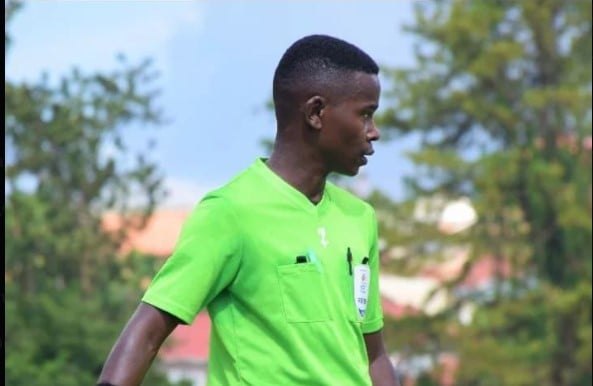Prime
Schools reopening crisis is self-inflicted

Author, Mesharch Katusiimeh. PHOTO/FILE
What you need to know:
- Children are going through an existential anxiety/crisis. Whether referred to as an existential crisis, or existential anxiety, the main concerns are the same: that life is inherently pointless and that their existence has no meaning.
Press reports indicate that government is set to release the school and institutions calendar for 2022 very soon.
President Museveni and the Health minister, Dr Ruth Aceng, have also assured the nation that there will be no more lockdowns over Covid-19 after January 2022 despite confirmation of the Omicron variant in the country.
This can only be good news! I am one of those who continued to be baffled by the decision to keep schools closed for almost two years.
I stopped being angry and normalised out of realisation that I had no power to do anything.
It has always been clear that no matter how schools remain closed, it was not going to end this pandemic.
Unfortunately, the impact of school closures will live with us for generations and generations. This is particularly severe for the most vulnerable and marginalised boys and girls and their families who are the majority in the country as we have already seen.
While it could be understood that we are protecting the vulnerable group especially the elderly, we have sacrificed the majority – the children.
Many of these children will not be redeemed. They will live but may be useless in future. If we lose a generation of children who have been stopped from going to school for several years, history will not be kind to us.
Children are going through an existential anxiety/crisis. Whether referred to as an existential crisis, or existential anxiety, the main concerns are the same: that life is inherently pointless and that their existence has no meaning.
Think about how many would be school going children or teenagers have been infected with HIV, who have lost lives when aborting, early marriages, exposure to drugs, child labour etc. It is because of the fear of all these that people no longer work properly.
All those workers with children, including health-care workers, cannot easily attend to their work properly because of childcare obligations that resulted from prolonged school closures. This is because working parents are more likely to miss work when schools close in order to take care of their children. This has resulted in wage loss and impact productivity negatively.
Let us leave behind the past and move forward. We can’t allow Covid-19 to defeat us and destroy the education system of this country. We can fix the education system and it can still be vibrant. But first, schools should not open without precautions. Serious enforcement of SOPs should be done not only in schools but also in all sectors.
Regular testing can be done and in case the virus is found, then additional steps such as testing children or staff, or instituting more precautions, could be taken.
Currently, there are vaccines for teenagers. Uganda should consider vaccinating adolescents and these can be easily organised and inoculated at school.
There is a likely to be shortage of teachers when school business normal returns. When schools close, especially unexpectedly and for unknown durations, teachers are often unsure of their obligations and whether the teaching profession is worth it.
A good number of teachers have abandoned the profession due to the uncertainty. The Ministry of Education and Sports could also suspend the well-publicised teacher reforms to first allow normalcy to return.
For instance, the national primary teacher colleges should still admit Senior Four leavers instead of Senior Six leavers.
The National Teachers Colleges can still continue and be recognised as degree awarding institutions since they have been admitting almost the same kind of student’s in terms of grades that universities admit.
Lastly, it is important that policy makers walk with people during this time of educational crisis. Crisis leadership means listening carefully to people, to their concerns, and to their ideas and solutions, however small.
Associate Professor Mesharch Katusiimeh (PhD), Dean Faculty of Arts & Social Sciences Kabale University




